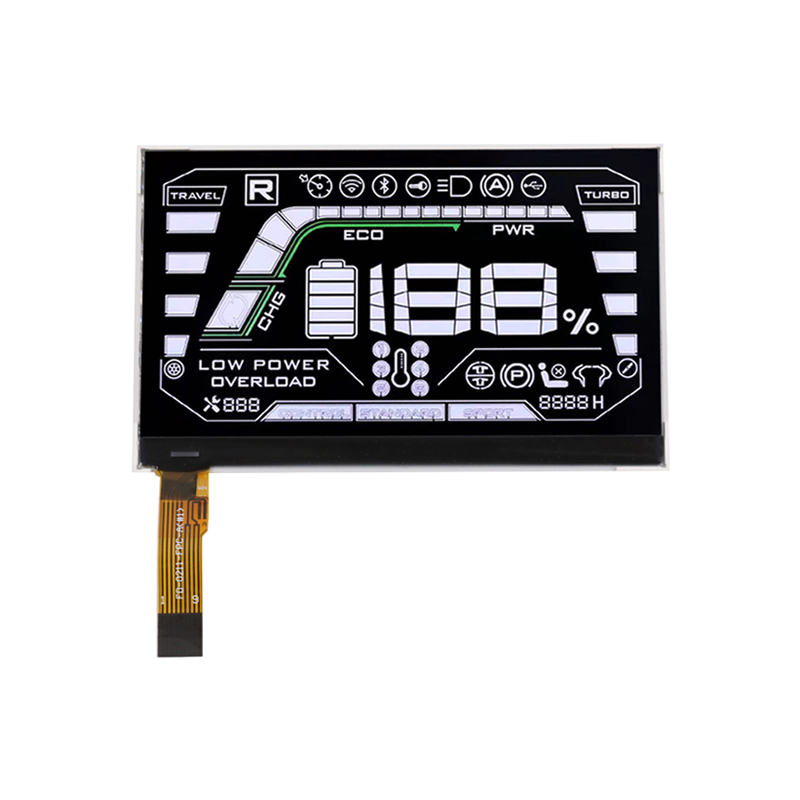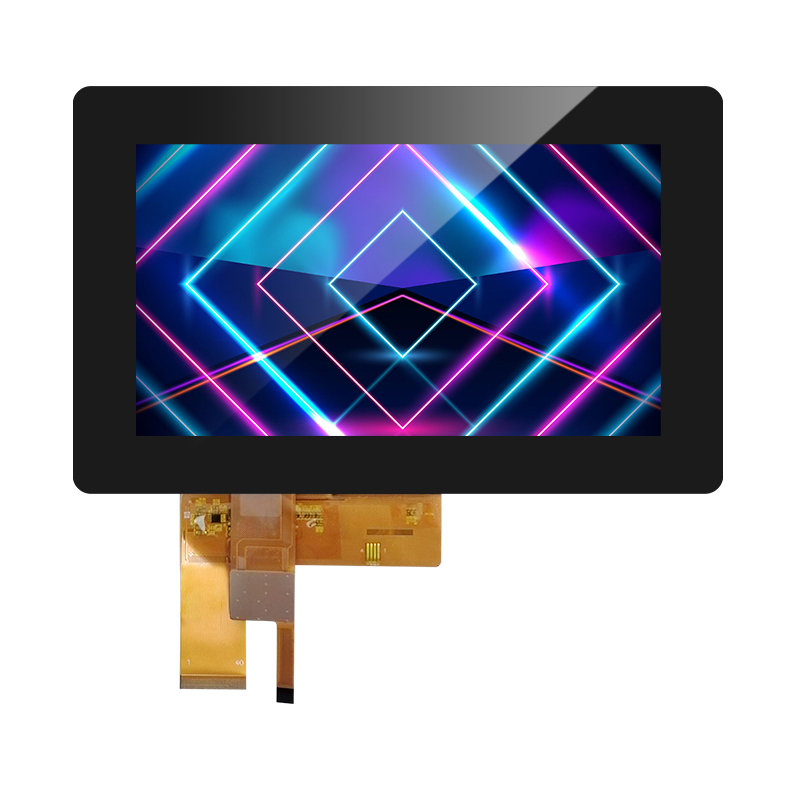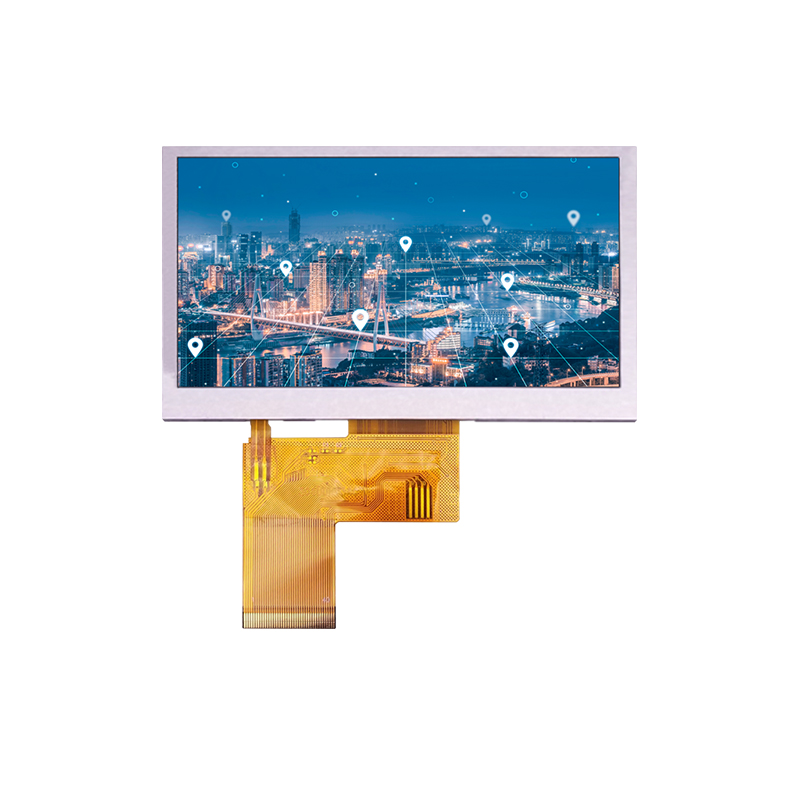
Selecting the right 2.4 inch LCD TFT display is crucial for any Arduino project requiring a visual interface. This guide navigates the complexities of choosing a manufacturer and selecting the optimal display for your needs. We'll delve into critical specifications, explore common manufacturers, and offer advice for seamless integration with your Arduino board. Understanding the nuances of different displays will ensure your project's success.
Resolution, measured in pixels (e.g., 320x240), dictates the clarity of your display. Higher resolution means sharper images and text. Pixel density, or pixels per inch (PPI), impacts the visual sharpness. For a 2.4 inch LCD TFT display, a higher PPI generally leads to a more refined user experience. Consider the level of detail needed for your application.
Common interface types for 2.4 inch LCD TFT displays include SPI and I2C. SPI offers faster data transfer speeds, while I2C simplifies wiring. The choice depends on your Arduino's capabilities and project requirements. Ensure compatibility between the display and your Arduino board.
Backlight types include LED and EL (electroluminescent). LEDs are generally preferred due to their efficiency and brightness. Consider the ambient light conditions where your project will be used. A brighter backlight might be needed for outdoor applications.
Power consumption is a vital factor, especially for battery-powered projects. Check the display's datasheet for power consumption figures to ensure it meets your energy requirements. Lower power consumption translates to longer battery life.
The operating temperature range specifies the temperatures at which the display functions correctly. This is crucial for applications used in extreme environments.
Several reputable manufacturers produce high-quality 2.4 inch LCD TFT displays. Researching these manufacturers ensures you source a reliable and well-supported product. Always check reviews and compare specifications before purchasing.
One reliable source you might consider is Dalian Eastern Display Co., Ltd., a company specializing in various LCD display solutions.
Successful integration involves selecting the right libraries, wiring the display correctly, and writing appropriate code. Many libraries simplify the process, providing functions for controlling the display's features.
Remember to consult the display's datasheet for detailed wiring diagrams and pinouts. This crucial step prevents connection errors and ensures smooth operation.
Choosing the right display often involves comparing different models. Here's a simplified comparison table (note: specifications are examples and may vary based on the manufacturer and model):
| Feature | Display A | Display B |
|---|---|---|
| Resolution | 320x240 | 240x320 |
| Interface | SPI | I2C |
| Backlight | LED | LED |
| Power Consumption | 150mA | 120mA |
Remember to always refer to the manufacturer's datasheets for the most accurate and up-to-date specifications.












